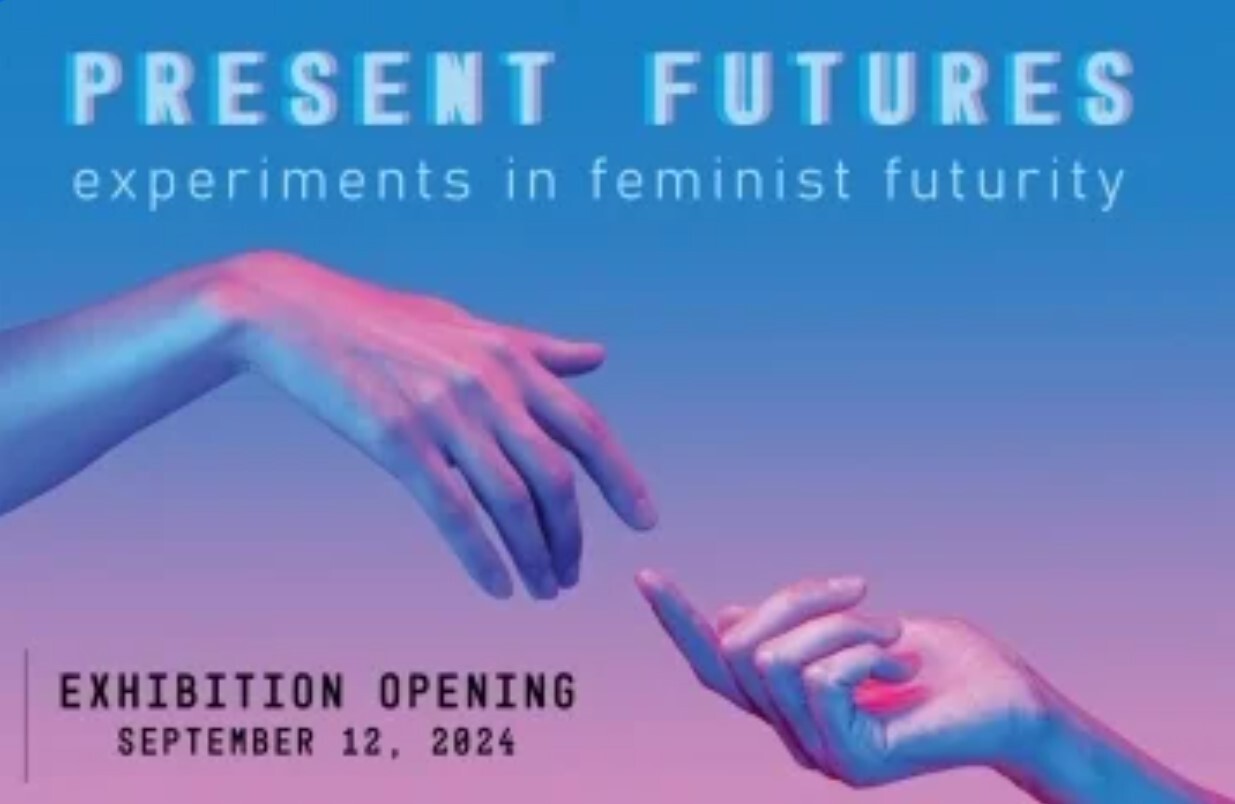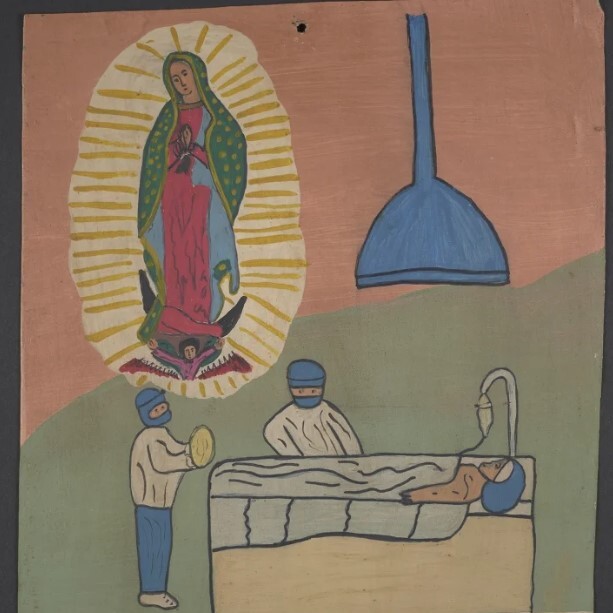Rogers Smith, the Christopher H. Browne Distinguished Emeritus Professor of Political Science at the University of Pennsylvania, and Desmond King, the Andrew Mellon Professor of American Government at the University of Oxford, in conversation hosted and moderated by Daniel Gillion, the Platt Presidential Distinguished Professor of Political Science at the University of Pennsylvania, discussing: America's New Racial Battle Lines: Protect Versus Repair
A sobering portrait of the United States' divided racial politics.
For nearly two decades, Rogers M. Smith and Desmond King have charted the shifting racial policy alliances that have shaped American politics across different eras. In America's New Racial Battle Lines, they show that US racial policy debates are undergoing fundamental change. Disputes over colorblind versus race-conscious policies have given way to new lines of conflict. Today's conservatives promise to protect traditionalist, predominantly white, Christian Americans against what they call the "radical" Left. Meanwhile, today's progressives seek not just to integrate American institutions but to more fully transform and "repair" pervasive systemic racism.
Drawing on interviews with activists, surveys, social network analyses, and comprehensive reviews of federal, state, and local policies and advocacy groups, Smith and King map the memberships and goals of two rival racial policy alliances and delineate the contrasting stories each side tells. They also show that these increasingly polarized racial policy alliances are substantially funded on both the Left and Right.
Placing today's conflicts in theoretical and historical perspectives, Smith and King analyze where these intensifying clashes may take the nation in the years ahead. They highlight the great potential for mounting violence, as well as the remaining possibilities for finding common ground.

